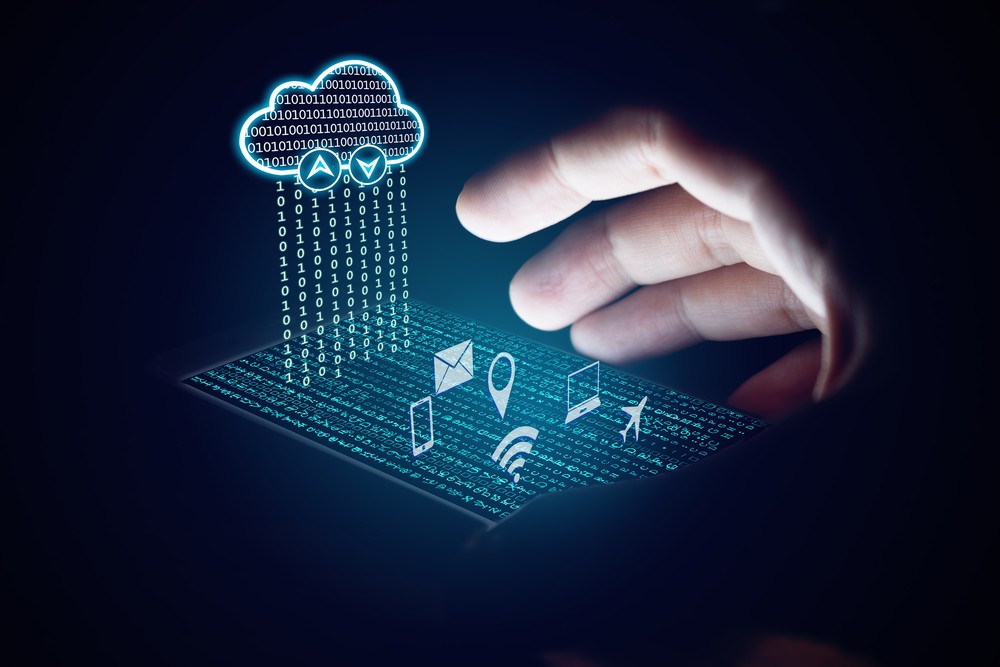Stonebranch has published the Stonebranch 2023 Global State of IT Automation Report: IT Automation and Orchestration Benchmarks for IT Ops, DevOps, CloudOps, and DataOps Teams, its annual benchmark study on the automation priorities, expectations, and challenges of IT professionals worldwide.
"We're proud to release the Stonebranch 2023 Global State of IT Automation Report," said Giuseppe Damiani, CEO at Stonebranch. "Our research provides essential insights for IT Ops, DevOps, CloudOps, and DataOps professionals worldwide who use automation to help connect workflows and drive efficiencies. We're committed to contributing to the growth and innovation of the IT industry and helping our clients achieve their automation goals."
Key Findings
The Stonebranch 2023 Global State of IT Automation report is based on a January 2023 survey of IT automation professionals and executives. Its insights include:
• Cloud is a top priority in 2023. Cloud automation tops the list of planned automation tool investments this year. Infrastructure automation, also focused on the cloud, comes in second place.
• Cloud automation gains permanence. Compared to 2022, more enterprises are running permanent product jobs than ad-hoc development or test jobs. When asked which types of jobs respondents will run in the cloud in 2023, permanent production jobs moved to first place. Meanwhile, year-over-year, ad-hoc jobs fell from first place to third place.
• Self-service automation is booming. 92% empower end-users from data, cloud, development, and line-of-business teams to execute their own workflows and processes. The most dramatic year-over-year growth is from data teams experiencing 2x growth and developers seeing a 4x increase.
• Centralized automation teams drive best-practice adoption throughout the enterprise. 77% have a centralized IT automation team that cascades preferred tools and best practices throughout the organization.
• Data pipeline automation remains fractured. Data teams use a relatively equivalent mix of job schedulers, scripts, enterprise workload automation, and open-source schedulers to automate their data pipelines. No data team uses only one tool. Rather, most data teams employ all the different automation methods — indicating an opportunity to implement an orchestration layer for centralized management and observability.
• Multi-cloud data transfers are on the rise. 82% of those surveyed automate data transfers between cloud service providers.
• Automation has evolved into orchestration. 81% plan to grow their automation program, and 86% plan to replace or add a new platform to support orchestration.
• SOAPs have grown in popularity. Nearly a third of respondents said they plan to invest in service orchestration and automation platforms (SOAPs) to centrally orchestrate cloud alongside on-premises tools within a hybrid IT environment.
“Our research shows that organizations are evolving their use of IT automation and orchestration technologies, particularly in response to the unique challenges posed by cloud environments,” said Peter Baljet, CTO at Stonebranch. “Today’s hybrid IT landscapes are becoming more complex, and automation is increasingly seen as essential to optimize performance, ensure security, and control costs.”




